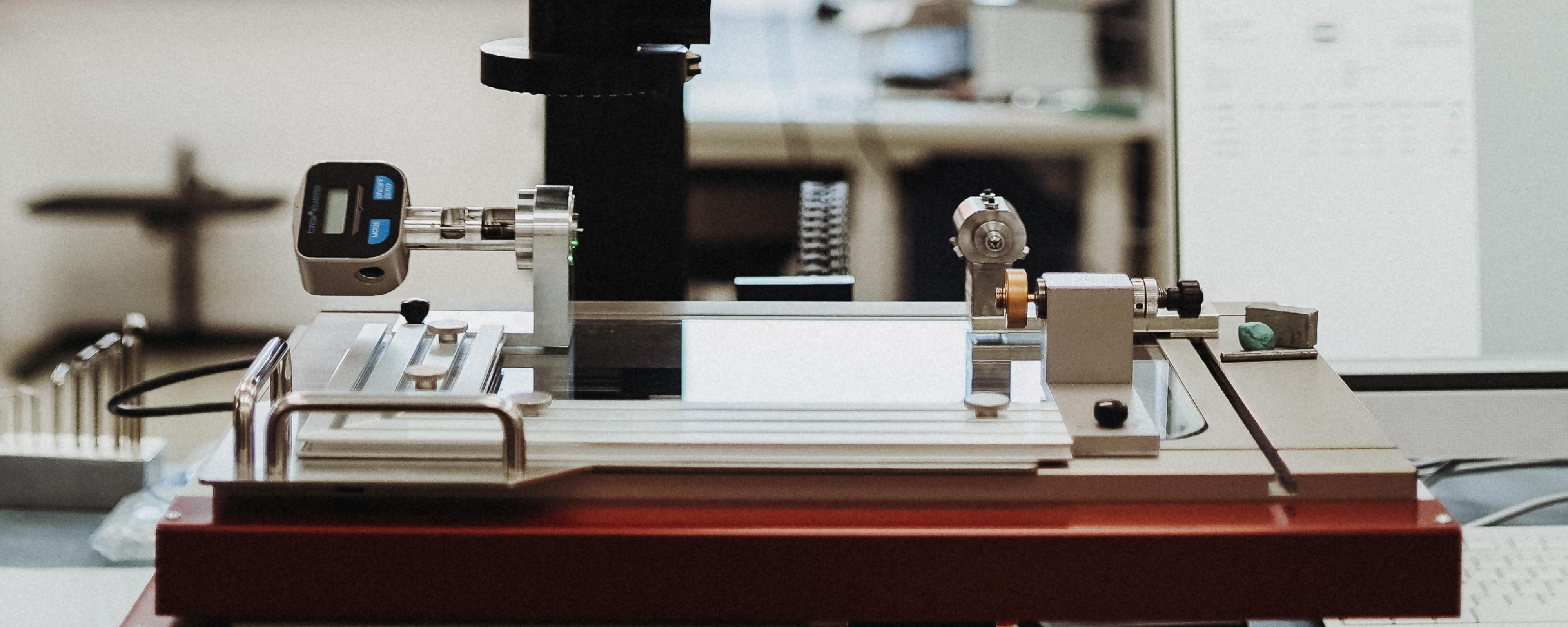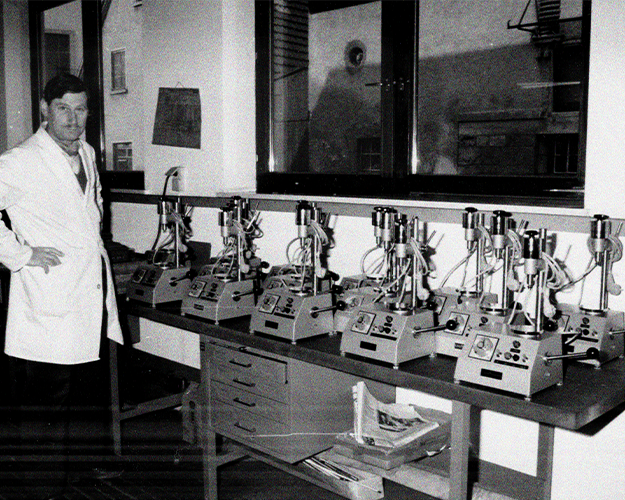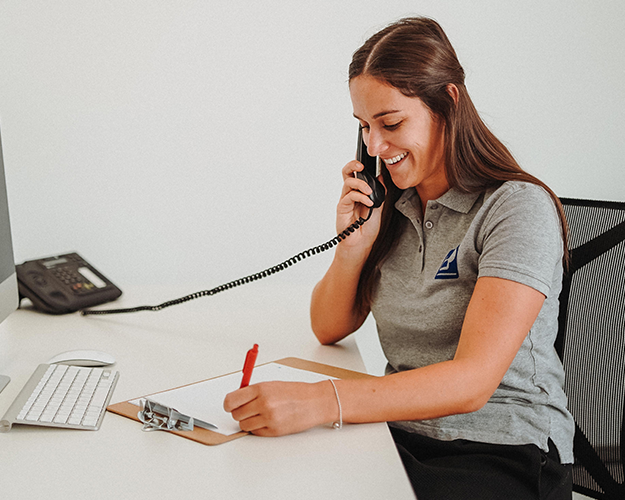Select your language
DAkkS accredited laboratory since 1996.
In 1996, the managing director Peter Strobel initiated the Bareiss accreditation as the first DKD calibration laboratory (today: DAkkS laboratory) in Europe, according to DIN EN ISO 17025, for the calibrations of the measurement category of hardness, according to Shore DIN ISO 48-4 and DIN ISO 48-2. Thus, Bareiss is certified by the German Accreditation Body (former German National Test Authority) to calibrate material testing machines and issue the corresponding DAkkS calibration certificates. The calibration laboratories issue certificates as proof of the traceability to national standards, as required, for instance, by the DIN EN ISO 9001 family of standards. The calibrations are not only undertaken in the air-conditioned laboratory in Oberdischingen, but also on-site at our customers, throughout Europe. Based on international agreements, DAkkS calibration certificates are recognized worldwide, being sent all over the world together with the hardness testers.
Anniversary year 2021 –
25 years of the DAkkS laboratory
„In 2021, Bareiss Prüfgerätebau GmbH has a special reason to celebrate: we have been an accredited DAkkS laboratory for 25 years and we are quite proud of this achievement. Quality is our top priority. The family company Bareiss has been producing test equipment for the rubber and plastics industry, as well as other industries, since 1954, being a hidden champion in this field for many decades.“

Essentials briefly explained
Why calibration?
Proof and documentation related to the quality of technical products have increasingly become matters of urgency. Inaccurate measurements can lead to costly economic consequences. This is the reason why the demands on the quality of the measuring equipment and their metrological traceability have also increased. To guarantee process reliability, the measuring equipment must be calibrated on a regular basis.
What is calibration?
During calibration, the measuring device is compared to the standard. The result is documented in a calibration certificate, together with the corresponding measurement uncertainty, and a calibration mark is attached to the measuring device. The determined deviation must be considered with future measurements.
Who can handle calibration?
Generally speaking, any company can undertake a standard-compliant verification, as long as the measuring equipment used in the process can be traced back to national or international standards, and an uninterrupted chain of calibrations can be identified as a result. To establish the trust in certificates and calibrations of the highest standards, we prove the quality of our work through accreditation. The national accreditation body DAkkS verifies the laboratory’s ability and confirms its competence in accordance with ISO/IEC 17025, for calibrations undertaken within the scope of accreditation.


